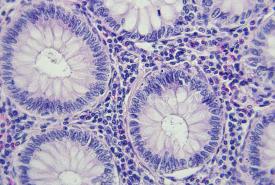Mature sperm lack intact mitochondrial DNA, study finds
New research provides insight about the bedrock scientific principle that mitochondrial DNA — the distinct genetic code embedded in the organelle that serves as the powerplant of every cell in the body — is exclusively passed down by the mother.


















